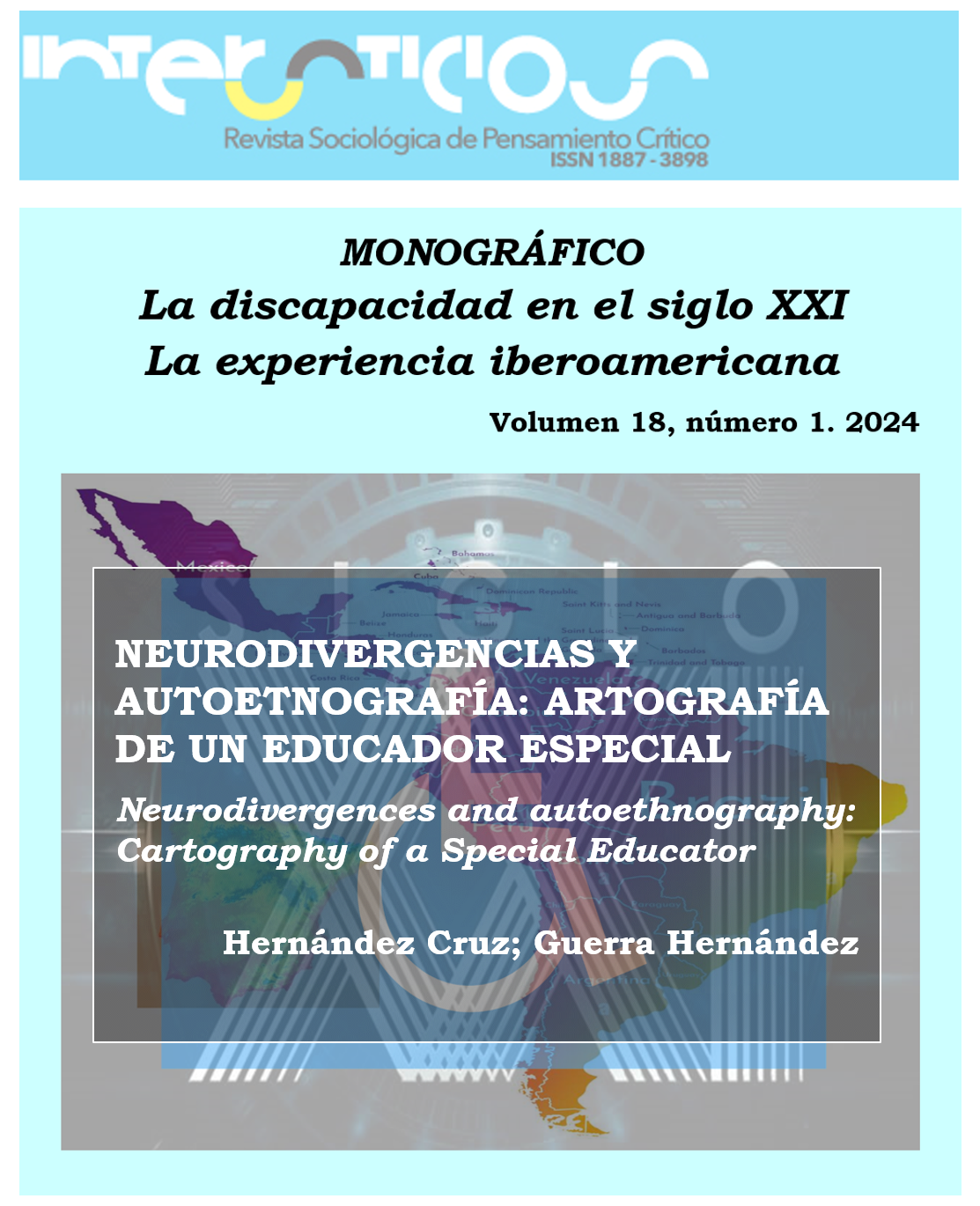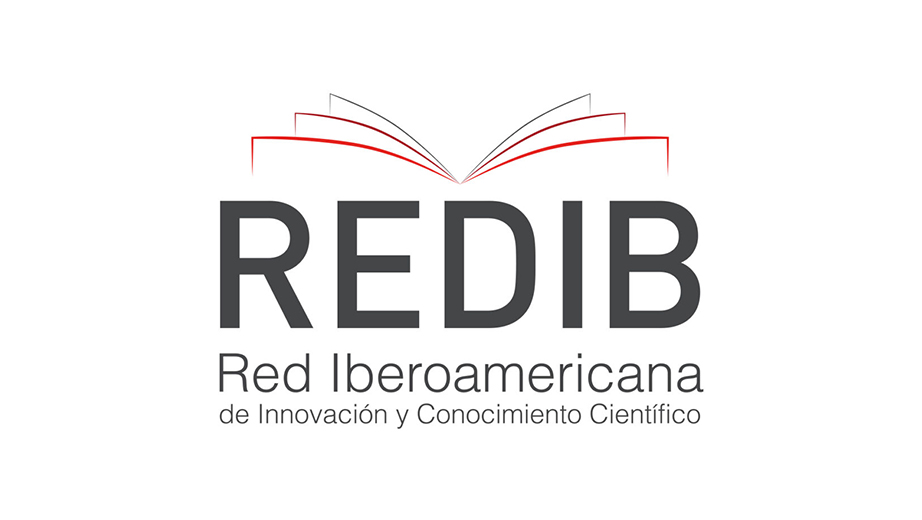A look at neurodivergences from autoethnography: Cartography of a Special Educator
Keywords:
Autoetnografía, discapacidad mental, discapacidad psicosocial, neurodiversidad, neurodivergenciaAbstract
Working in the educational system allows us to explore neurodivergence beyond the academic, and study it from another perspective, that is, what it evokes in us from a personal perspective and how this gives us the opportunity to link the professional field in one of the researchers. , who kindly offers his own experience to reflect on two experiences, one as a professional and the other from his childhood. For some time now, the educational system has presented certain difficulties in achieving comprehensive work on the issue of inclusion; by focusing on certain categories, another population is left aside and by not being or not meeting “certain criteria” for to be able to attend to them or that they are not a priority, they are denied attention and access to the level of special education, these actions are subtle but significant for the population. What do we do as special educators to defend their rights so that they can be attended to? This question does not find a correct answer but it does find a reflection.
Regarding the method, an autoethnography is carried out, in the first section it shows a special education professional group re/existing against the unilateral decisions of the special education directorate of the state of Hidalgo Mexico. In a second moment, you can read the childhood experience of one of the researchers, which allows us to reflect from close proximity on the difficulties experienced by neurodivergences. In the last section we find a conceptual toolbox, called What do we mean by neurodivergence? that finds response in the voice of researchers-special educators.
References
Diario Oficial de la Federación. (30, Mayo 2011). Ley General para la Inclusión de las Personas con Discapacidad. Cámara de Diputados. Recuperado en Febrero 5, 2024, en https://www.diputados.gob.mx/LeyesBiblio/pdf/LGIPD.pdf
Dirección de Educación Especial (DEE). (2022, Mayo 26). Oficio No. 045/21-22 [Oficio con el asunto: Población objetivo]. Tulancingo, Hidalgo, México.
Pérez Ramírez, B. (2021). De la noción de trastorno mental al concepto de discapacidad psicosocial a partir de una intervención situada. inter disciplina, 9(25), 233-256.
Secretaria de Educación Pública (SEP). (2011). Marco Teórico Referencial del Modelo de Atención de los Servicios de Educación Especial. En Modelos de atención de los servicios de educación especial MASEE.
Secretaria de Educación Pública (SEP). (2018). Aprendizajes clave para la educación integral. Estrategia de equidad e inclusión en la educación básica: para alumnos con discapacidad, aptitudes sobresalientes y dificultades severas de aprendizaje, conducta o comunicación (1ª ed.).

Published
Issue
Section
License
Copyright (c) 2024 Jesús E. Hernández Cruz , Raquel Guerra Hernández

This work is licensed under a Creative Commons Attribution 4.0 International License.
p class="TEXTO-izquierda">Authors maintain the @copyright, giving to the journal the right of first editio.







